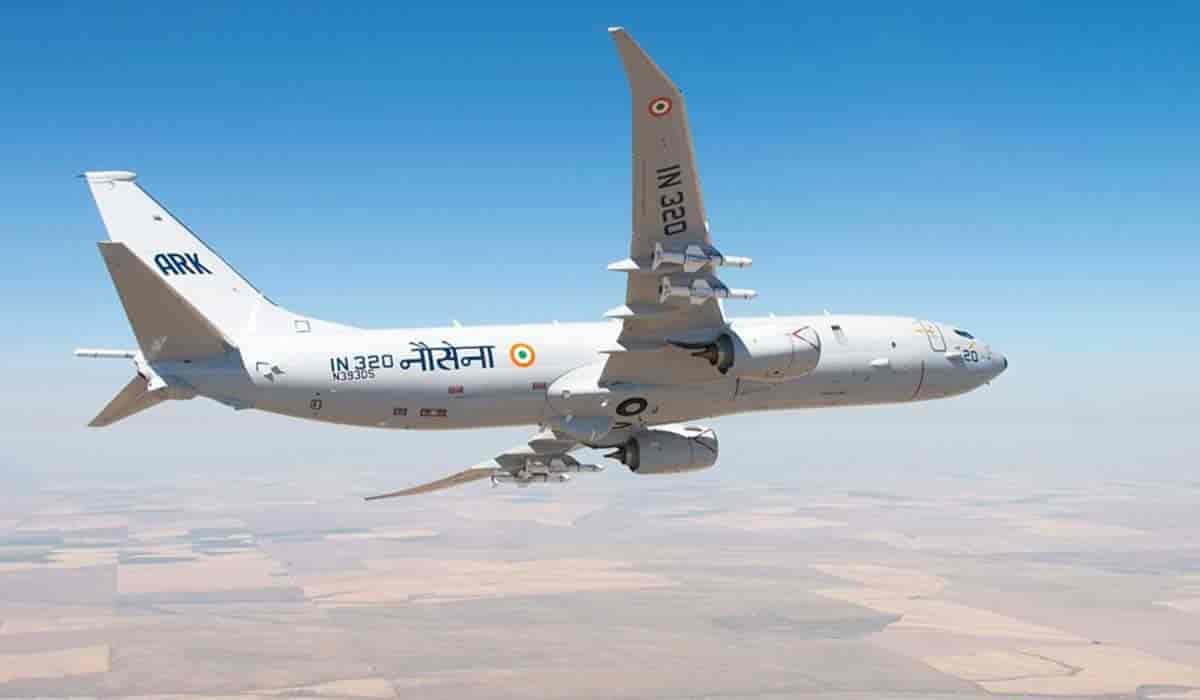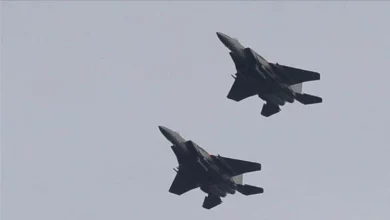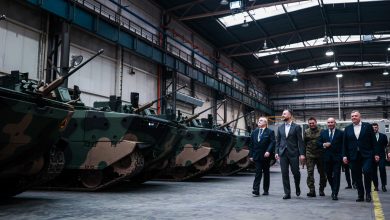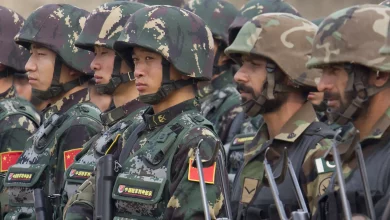ABD’den Hindistan’a P-8I satışına onay
ABD Savunma Güvenlik İşbirliği Ajansından yapılan yazılı açıklamada, “Dışişleri Bakanlığı, Hindistan’a tahmini maliyeti 2,42 milyar dolar olan 6 adet P-8I Deniz Karakol Uçağı ve ekipmanlarının satışına onay verilmesine karar verdi.” ifadesi kullanıldı.
Satış onayına ilişkin Kongreye tebligat gönderildiği belirtilen açıklamada, satış paketinde 6 uçağın yanı sıra, 8 adet Çok Fonksiyonlu Bilgi Dağıtma Sistemi, 42 adet füze uyarı sensörü, 14 adet Global Konumlandırma Sistemi (GPS) ve birçok yedek parça ile yazılım destek sisteminin yer aldığı kaydedildi.
Dışişleri Bakanlığının silah satış onayları sadece ABD yönetimi açısından satışın bir mahzuru olmadığı anlamına geliyor.
ABD Kongresinin 30 iş günü içinde Bakanlığın kararına itiraz etmemesi durumunda, yönetim satışın yapılmasına onay verilen ülke ile satış paketinin içeriği için görüşmelere başlıyor.
Bu görüşmelerin sonunda ABD, o ülkeye bir teklif mektubu sunuyor. Teklife olumlu yanıt aldığı takdirde de tedarik işlemi gerçekleşiyor.
Halihazırda Hindistan Ordusu envanterinde 9 adet P-8 Deniz Karakol Uçağı bulunuyor.






